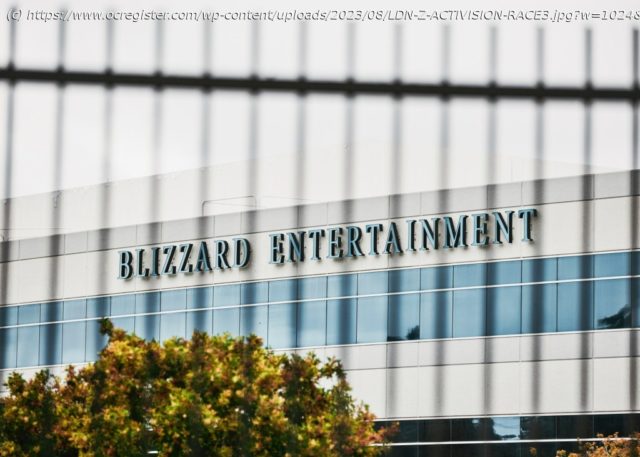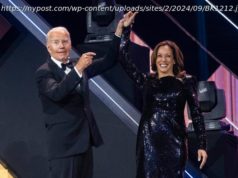This account of how Microsoft outmaneuvered regulators to shift its fortunes is based on interviews with more than a dozen company executives, advisers and competitor enforcers.
If Microsoft Corp. completes its acquisition of Santa Monica-based Activision Blizzard in the coming months, the $69 billion deal will go down as one of the biggest comeback stories in the history of mergers.
But Microsoft resurrected the purchase earlier this summer, deploying what amounted to a bluff that pitted US and UK regulators against each other. And on Tuesday the UK agreed to open a fresh probe of the transaction, following an offer from Microsoft to sell the cloud rights of current and future Activision games released over the next 15 years to Ubisoft Entertainment SA.
See more: EU backing Microsoft deal for Activision Blizzard is no done deal
If the transaction clears the UK’s new probe, it could solidify Microsoft’s status as the third-biggest player in the gaming world and signal a major defeat for ambitious competition regulators in the US and the UK. This account of how Microsoft outmaneuvered regulators to shift its fortunes is based on interviews with more than a dozen company executives, advisers and competitor enforcers.
Microsoft first announced the acquisition in early 2022. Trouble arrived in December 2022 when regulators in the US filed an administrative challenge to the deal. Then in April, UK antitrust enforcers at the Competition and Markets Authority, led by Sarah Cardell, blocked the takeover outright, saying it threatened competition in the multi-billion-dollar gaming market. The US Federal Trade Commission, led by Lina Khan, scheduled a trial for August, weeks after Microsoft’s deadline to close the acquisition or be subject to a $3 billion breakup fee.
See more: Why Microsoft is spending $69 billion for video games
But the software giant led US enforcers to believe it would consider an extreme move: completing the purchase in defiance of the British veto, a maneuver that provoked the FTC to file a federal lawsuit — a court battle that the company’s lawyers predicted they would win. In reality, Microsoft was secretly seeking to make peace with regulators in the UK and had no intention of circumventing the veto.
Neither situation is fully resolved: Microsoft and Activision now await a decision from UK regulators on the fresh probe and the FTC is appealing a July 11 court ruling in favor of the acquisition. Because the European Union’s antitrust regulators approved the acquisition in May, Microsoft’s new proposal to the UK will not apply to the continent. But the EU may need to reopen its probe following Microsoft’s new pitch to the UK.
But Microsoft’s persistence has brought it back from the brink. Now, it’s cruising toward a new deadline for completion this fall, albeit without a guarantee that the new proposal will address concerns and get the green light.
Microsoft, Activision, Sony and the regulatory agencies involved declined to comment for this story.
Much of the opposition to Microsoft’s monster offer for Activision came from Sony, whose Playstation is the No. 1 gaming console worldwide, ahead of Microsoft’s Xbox.
Sony’s success hinges on access to blockbuster titles like Activision’s blockbuster Call of Duty. The company estimates that in 2021 6 million Playstation gamers spent about 70% of their time playing Call of Duty with another 1 million spending all their time on the game. It feared that if the acquisition went through, Microsoft would have the power to remove the game and other popular Activision titles from Playstation, jeopardizing billions in revenues.
The FTC’s case against the deal mirrored Sony’s position: Once Microsoft owned Activision, it could withhold popular titles from rival video game consoles and gaming subscriptions.
The agency filed its suit in its in-house court, where its administrative law judge would hear the government’s arguments in a trial set for August.
Other regulators followed the FTC’s lead.






